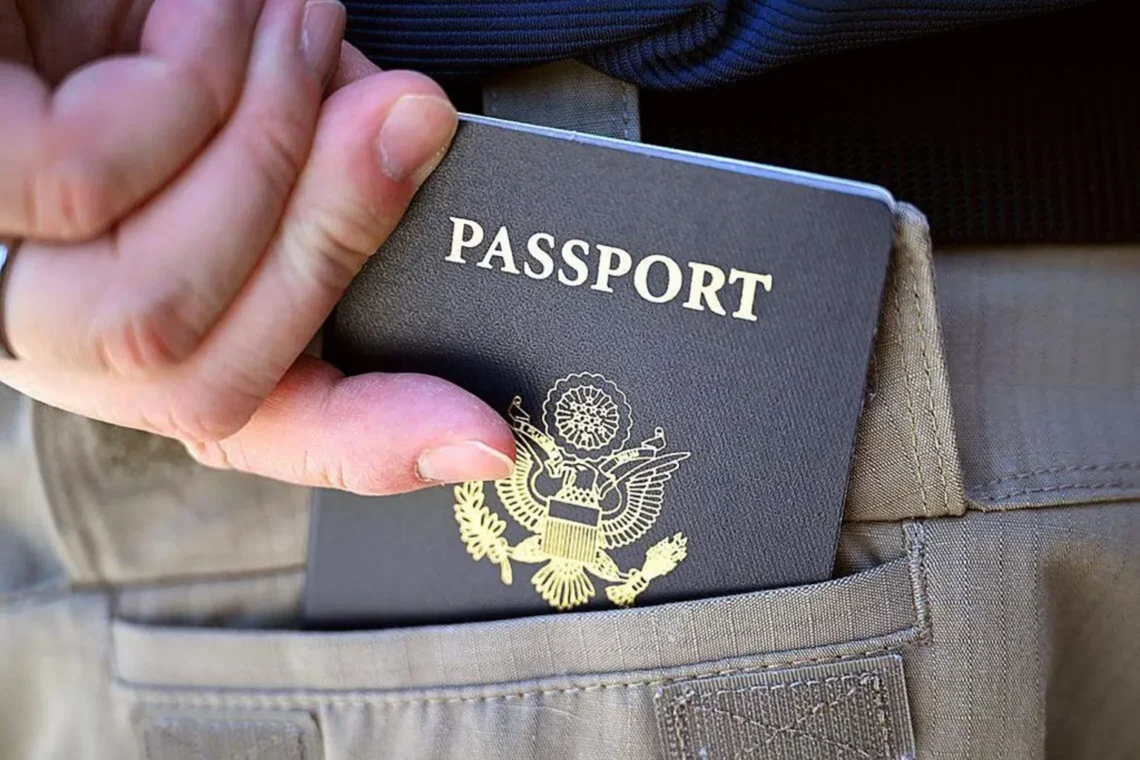BAMAKO — Mali has announced that beginning October 23, 2025, U.S. citizens applying for business (B-1) or tourist (B-2) visas to Mali will be required to post a refundable visa bond of up to US$10,000, mirroring a new U.S. policy that imposes similar financial guarantees on certain non-immigrant visa applicants from Mali.
The move by Mali’s foreign ministry is presented as a measure anchored in the diplomatic principle of reciprocity, intended to match Washington’s recently announced visa bond programme. Under that U.S. pilot programme, applicants from selected countries—including Mali—will need to post bonds of US$5,000 to $10,000 when applying for B-1/B-2 visas.
Mali has criticised the U.S. action as unilateral, saying it violates the 2005 bilateral agreement between the two countries that provides for long-stay multiple-entry visas. The Malian government said Washington’s bond requirement undermines that accord and insisted its own reciprocal bond requirement for U.S. nationals is justified in order to preserve parity in visa treatment.
Under the U.S. bond programme, the bond posted by visa applicants will be refunded if they depart the U.S. in accordance with visa terms; if they overstay or otherwise violate terms, the bond may be forfeited. Mali’s visa bond requirement similarly seeks to subject U.S. applicants to the same terms applied to Malians—meaning requiring the bond upfront with refund contingent on compliance.
The policy shift highlights rising tensions in visa diplomacy between Mali and the U.S., reflecting Mali’s objections to what it views as overreach in U.S. immigration policy. In its announcement, Bamako emphasised its history of cooperation with the U.S., particularly in counter-terrorism and efforts to reduce irregular migration, while calling for relations founded on mutual respect and adherence to existing agreements.
Analysts warn the reciprocal visa bond requirement could complicate travel, business exchanges, and people-to-people contacts between the two countries. U.S. nationals who might travel for tourism or business will now need to plan to meet the financial guarantee—and risk losing it if they overstay their visas. On Mali’s side, the requirement may reduce visa applications from Americans and provoke diplomatic friction.
As of now, Mali has not fully disclosed logistical details such as how the bond will be paid, processed, or refunded in practice, nor whether any waivers or special cases will be provided. The government’s statement focused largely on laying out the principle and targets of the policy.





